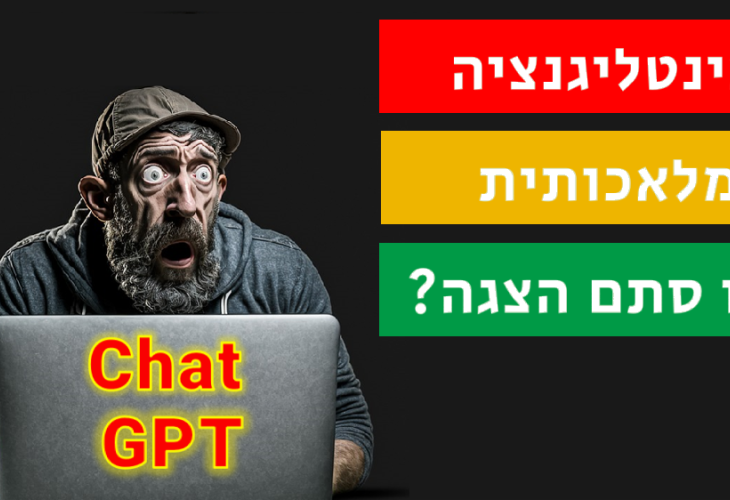In Search of God
Does Artificial Intelligence Believe in God? Understanding What AI Really Knows and Why It Can’t Think
Why ChatGPT and other AI systems don’t truly understand, believe, or think — and how their answers are shaped entirely by human programming and bias

“I asked artificial intelligence whether God exists, and it replied that this is a matter of faith — that there is no definitive proof. How should we relate to such an answer? After all, AI has access to vast knowledge and no emotions or biases that might lead it astray…”
This is an excellent question — but to answer it, we must first understand what artificial intelligence (AI) actually is, and what it is not. Programs like ChatGPT do not truly think for themselves, and their answers are not objective. Let’s break down why.
1. AI Does Not Think — It Repeats Human Information
ChatGPT doesn’t discover knowledge through logic, reasoning, or independent research. It merely quotes and reassembles existing information written by people across the internet.
Every fact, argument, or explanation it provides was originally composed by human beings — scientists, journalists, bloggers, and commentators — whose words it has stored and reorganized.
For this reason its responses sound human, because they literally come from humans.
If thousands of websites online claimed that dragons and fairies are real, ChatGPT would likely repeat this as if it were a fact — not because it believes it, but because that’s what the data reflects.
AI does not “know.” It simply predicts text based on patterns in language.
2. Its Answers Are Shaped by Human Trainers
Given the vast amount of information online, how does ChatGPT decide which facts or opinions to prioritize? The answer is human programming.
The model was trained through hundreds of thousands of interactions with human evaluators employed by OpenAI, who rated and ranked different answers.
The name itself reveals this process: “Chat Generative Pre-trained Transformer.” In simple terms, it is a pre-trained system — a model shaped and guided by people.
These human trainers decided in advance what kinds of answers the AI should favor on topics such as science, politics, morality, and religion.
In essence, ChatGPT organizes information statistically according to human preferences — much like an advanced version of your phone’s autocorrect function, but using enormous amounts of data.
3. AI Reflects Human Biases — Especially Political Ones
Because its creators belong largely to a particular cultural and political worldview, ChatGPT tends to mirror those same biases.
For example, it may insist that a man can become a woman and vice versa — not because this is scientifically proven, but because it aligns with the prevailing progressive ideology of its programmers.
When I asked ChatGPT what makes evolution a “scientific fact,” it presented a list of claims. I then examined each one with it, showing the weaknesses and contradictions. Eventually, it admitted that my objections were “valid challenges” — yet it still maintained that evolution was an established fact, refusing to reconsider its conclusion.
This is because it is programmed to defend certain positions, even in the face of logical counterarguments.
In some cases, I observed it reasoning in circles — first citing Argument A, then switching to Argument B when A was disproven, then returning to Argument A again once B collapsed. The system cannot truly understand or re-evaluate ideas; it simply reverts to what it was trained to defend.
4. AI Has No Consciousness, Will, or Emotion
As explained in educational videos on AI, computers have no awareness, no self, no curiosity, and no capacity for belief or doubt. Even if they can simulate conversation convincingly, this is only statistical imitation of human behavior — not real thinking.
ChatGPT therefore does not hold opinions about God, science, or morality. It doesn’t “believe” or “disbelieve” in anything. It simply reconstructs the most statistically likely response based on the text it was trained on.
Anyone who understands this realizes that AI has no true intelligence. It is an extraordinary linguistic mirror — but the reflection it offers is human, not divine.

